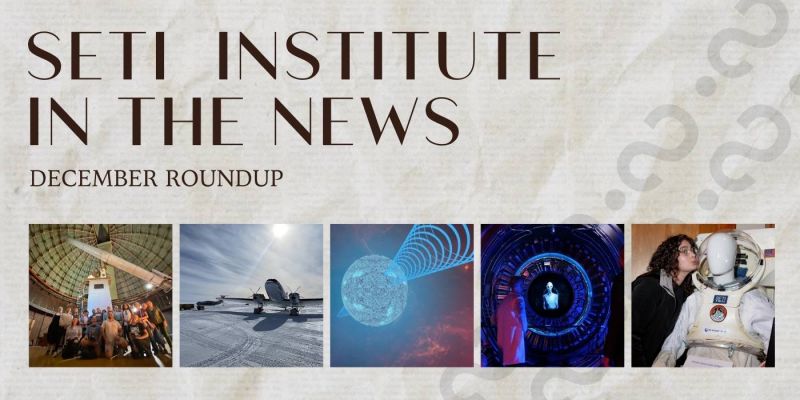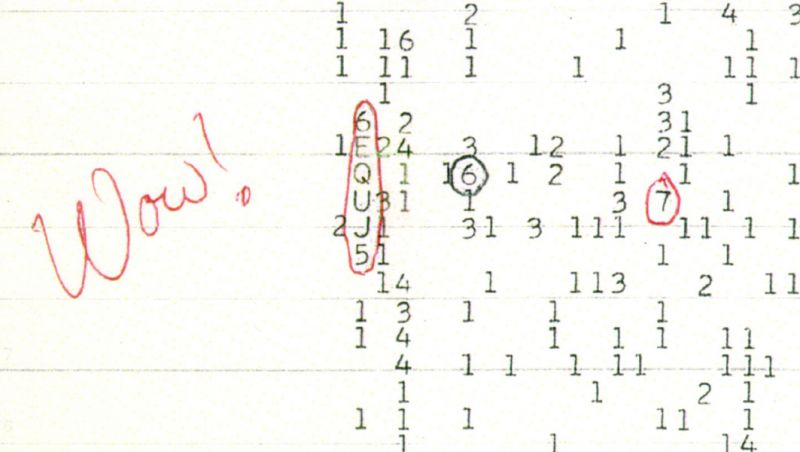
Astronomer Jay Pasachoff passed away on November 20. For a half century, he was professor and department chair at Williams College, in northwest Massachusetts.
Pasachoff was probably best known for his expeditions to view solar eclipses. He traveled to the paths of totality for 66 eclipses, which gives support to the suggestion that no human had ever seen more. One of his many research endeavors was to explain the so-called “black drop” effect, in which the dark silhouette of a planet transiting the Sun (such as Venus or Mercury) seems to elongate just as the transit begins or ends. This optical phenomenon was a nuisance that frustrated several 18th century attempts to measure the duration of such transists, and thereby determine the distance scale of the solar system.
While known for his solar research, Pasachoff will likely be principally remembered for his many (17) books on astronomy, including a widely used introductory text for college students.
For the thousands of undergraduates who used these texts, Pasachoff was astronomy. He was also one of those rare professors who was invariably accessible and sympathetic. Pasachoff was both a talented advocate and skilled practitioner of the science of the sky.





